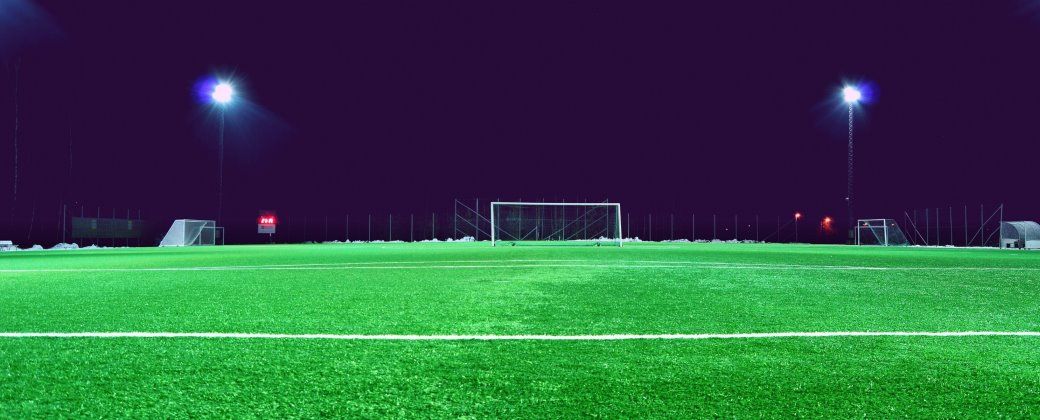Carmen Longas Luque | Race/Ethnicity discourses in sports media. How racist is Spanish televised football?
Carmen Longas Luque | Erasmus University Rotterdam
Sports media is able to attract large audiences and in Europe, this is particularly the case with televised football. Despite journalism’s strive for objectivity, discourses in live coverages or post-match highlights may convey ideas that help produce and reproduce common stereotypes about race and ethnicity. While in other countries a difference in how football players are portrayed based on race/ethnicity has already been reported, it is still unknown whether this also applies to Spanish televised football.





